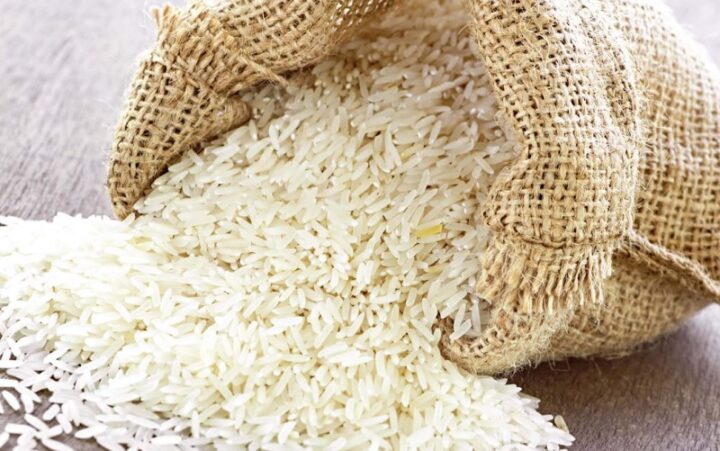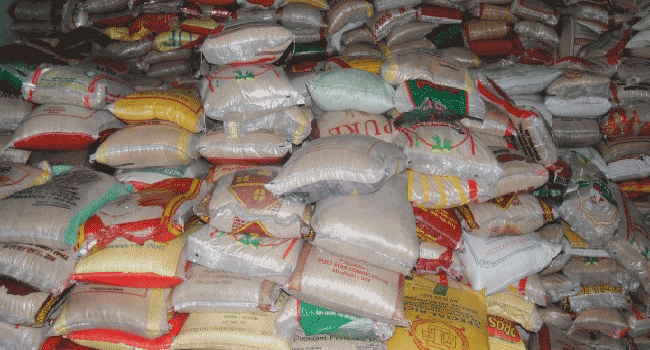The federal government and the Republic of Benin have entered an agreement to end the importation of rice across West African countries.
This agreement was announced at the end of a meeting between a delegation from Benin, the Rice Farmers Association of Nigeria (RIFAN) and Ibrahim Gambari, the chief of staff to the president, in Abuja on Tuesday.
The meeting was to solidify the agreements and tap from Nigeria’s experience in reviving rice production.
Representatives of RIFAN recently visited Cotonou, Benin capital, to sign a memorandum of understanding on how the association will help the country boost its local rice production.
Advertisement
The delegation was received by President Patrice Talon in his residential house in Cotonou along with his minister of agriculture and foreign affairs.
Addressing state house correspondents after the meeting, Atiku Bagudu, governor of Kebbi state, explained that the meeting was to advance ongoing talks between the two countries on how to replicate Nigeria’s rice farming programme in the Benin Republic.
“Rice Farmers Association of Nigeria met with the chief of staff to the president to progress the discussion which has been going on between them and the Benin Republic for the two countries to replicate the success of Nigeria’s rice farming programme in Benin, so that we can stop rice importation in West Africa in shortest possible time,” Bagudu said.
Advertisement
“This is a partnership within the framework of ECOWAS agreement and the Africa Continental Free Trade Agreement and our brotherly relationship between President Muhammadu Buhari and President Patrice Talon who have the vision that we can be greater together.”
Speaking on what Nigeria intends to offer the Francophone country, Aminu Goronyo, national president of RIFAN, said: “Of course, they are our sister country, we are one and the same people and I think their president is ready to accept what we have used to achieve this success which is the government’s will because our success is related with the political will that this government has”.
“And that is exactly what they want to learn so that they will use the same approach to attain the successes they are seeing to come to us to learn more.”
During the delegation visit in Cotonou, Talon had said the closure of Nigerian borders served as an eye-opener and as such, the country was ready to work with Nigeria to stop the smuggling of rice.
Advertisement
The land borders were closed in August 2019 to curb the smuggling of hard drugs and arms and agricultural products from neighbouring West African countries.
TheCable’s analysis of the data provided by the Thai Rice Exporters Association showed the rice exports to neighbouring West African countries increased after the Central Bank of Nigeria announced that it would no longer provide forex for rice importation.
President Muhammadu Buhari ordered that the borders be reopened on December 16, 2020.
Advertisement
Add a comment





